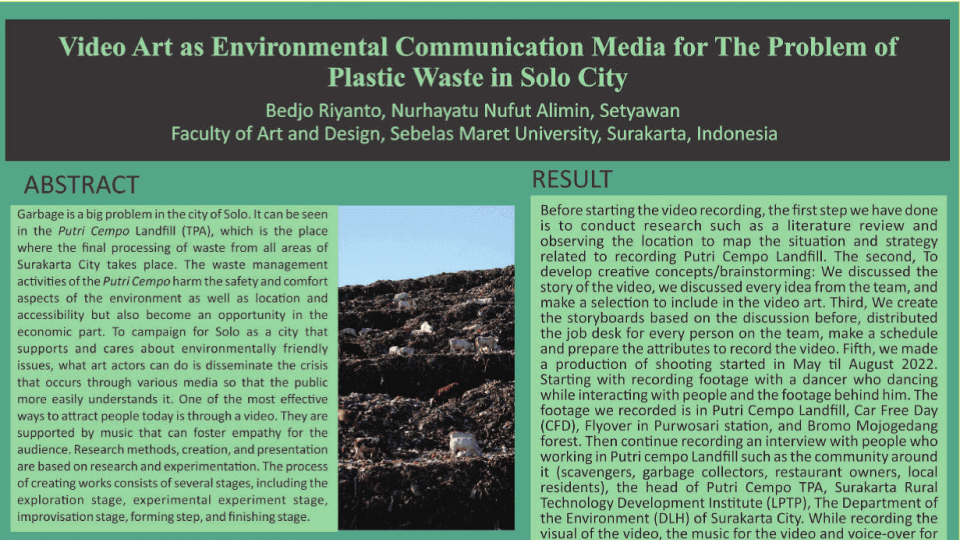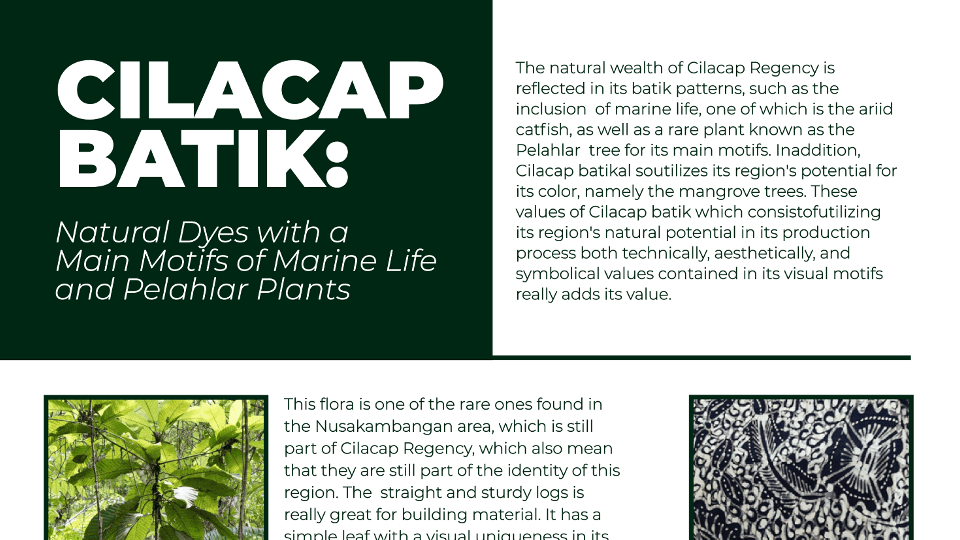Home » Poster Show 1 » ID38 Building a Food Sovereign Society Through Indigenous
Paper ID: 38
Building a Food Sovereign Society Through Indigenous Forest Establishment Policy
A Mayastuti1*, M Jamin1, H Purwadi1 and Mulyanto1
1Faculty of Law, Universitas Sebelas Maret, Indonesia
Email: antimayastuti@staff.uns.ac.id
The development of multicomplex food sovereignty requires a multisectoral approach that the Government, as the policy maker within the food sector, requires cross-sectoral coordination which becomes an essential requirement to build effective food security at the national level in Indonesia. In line with the regional autonomy policy, the regional governments could actively participate in the efforts to build food sovereignty within their jurisdictions. In reality, the participation of regional food agencies is still minimum. This institutional crisis within the government’s food sovereignty agencies, added with a lack of political commitment and political willingness has implications for the failure of food security programs in Indonesia, therefore, the strategy of the Indonesian government needs to be changed from the centralized bureaucratic-based to decentralized local-based which emphasizes the focus on local farmers and indigenous communities. Constitutional Court Decision No. 25/PUU-X/2012 becomes the primary basis to strengthen the rights of indigenous communities over indigenous forest ownership to achieve food sovereignty in Indonesia. Food sovereignty can only be achieved through the mastery of green and local appropriate technology based on the traditional customs of indigenous people.



